Music of Uzbekistan - A Brief Notation
They say music connects. Music connects because it has no language, colour, religion and so it has no boundary. Music is a core component of any culture of any part on the planet. There is no piece of land where human lived without music. Yes organised form came later but sounds in nature was always there. It is not important to know where organised was formed first but definitely music created by humans are influenced by many elements like social experience, access to technology, human emotions and many other things of that time. By now you would have understood that in this article we are going to talk about Music. Yes we will see music, Music of Uzbekistan, one of the main Central Asian country. Uzbekistan has diverse styles of music and they use large number of musical instruments, so Uzbekistan is considered as one of the most musically diverse country in Central Asia.
Music that prevails in Uzbekistan today has a long and rich history. In the late 16th century when Bukhara became an emirate capital and it was by then cultured, cosmopolitan city with flourishing trade routes and bazaars, Shashmaqam, a central Asian music style is believed to arise from this city. Shashmaqam is considered the most elevated musical form of Uzbekistan. Shashmaqam is a Central Asian music genre of Uzbekistan and Tajikistan derived in late 16th century in Bukhara means six modes in Persian language. It is refined kind of music in which lyrics are derived from Sufi poems about divine love. A Shashmaqam of that time might contain two tanburs, a dutar, a gidjak and doira plus two or three singers. Today’s ensembles are much the same.
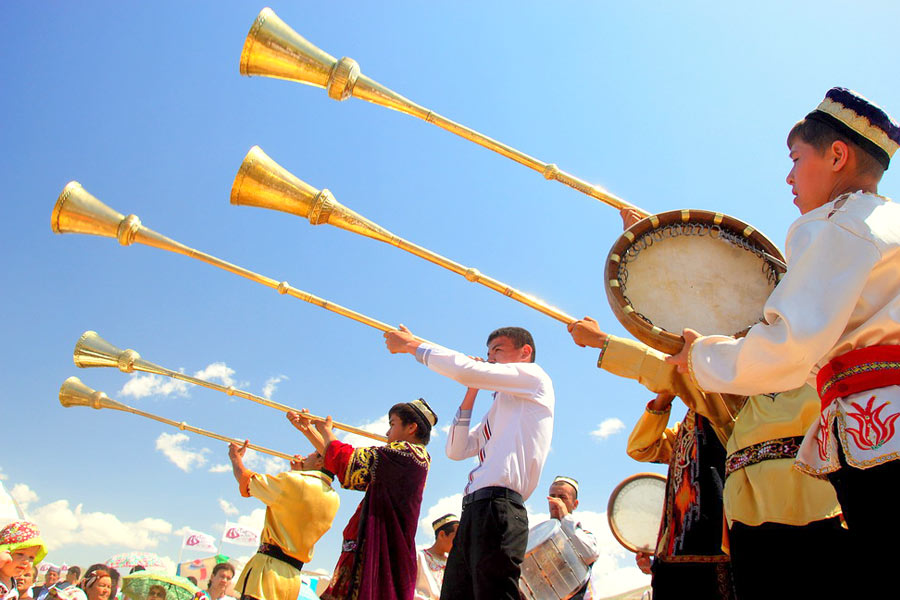
Going from late 16th century to 19th century, in 19th century Russia added its musical notation in the region. By 1950 Uzbek music lost its charm and on radios Soviet music had replaced it. Despite this folk music players continued to play their music in their own way and took it to spread wherever they went on their own. And after independence from Soviet Union in early 1990s Uzbekistan started reviving its own traditional music. Turgun Alimatov, one of the most prominent player of Shashmaqam music gained popularity not only in Uzbekistan but around the world for his superb performances and compositions. He is known as the Uzbek symbol for its classical music to the world. His most famous compositions include "Segah", "Chorgoh", "Buzruk", "Navo", and "Tanovar". Another well-known Uzbek composer is Muhammadjon Mirzayev. His most famous compositions include "Bahor valsi" ("The Spring Waltz") and "Sarvinoz." "Bahor valsi" is played on Uzbek television and radio channels every spring.
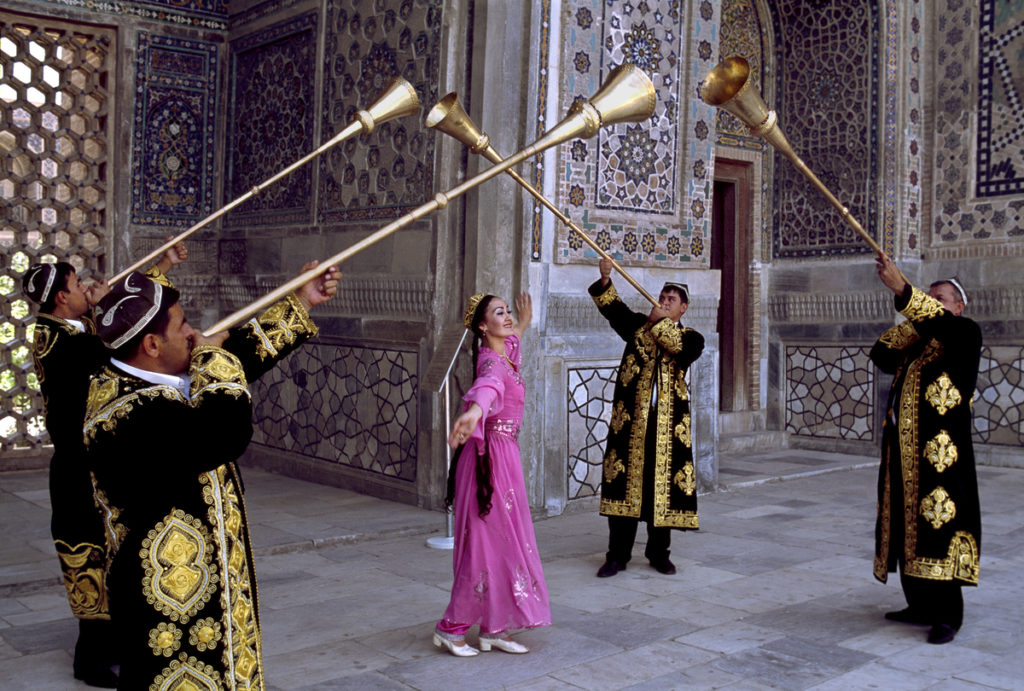
In contemporary Uzbekistan many forms of popular music has stepped in. Pop, Rock, Rap including folk music is quite rampant in Uzbekistan. Uzbek singers like Shahzoda and Sogdiana Fedorinskaya have got lot of popularity and success in Uzbekistan, Russia and other CIS countries. Rock music artist Davron G'oipov is one of the main singers who developed rock n roll in Uzbekistan. Pop rock bands like Bolalar and Sahar are successful bands that came in early 2000s. One of the most notable indie rock bands formed in Uzbekistan is All Tomorrow's Parties, which is currently based in Moscow, Russia. Rap music has also gained quite popularity among Uzbek youth despite censor on Rap music by Uzbek government.
Main focus of Uzbek music is toi - the rites of life and celebrations. There is different kind of toi like Beshik-toi which is celebration forty days after the birth of baby. A sunnat-toi, which is for initiation into Islam and the marriage toi and so on. Contemporary musician Yulduz Usmanova is successfully modernising Uzbek traditional music and taking it to much larger audience. This is a basic nuisance of Uzbek music. If you love music and love to explore music all round the world then you must listen to Uzbek music on popular music sites.
Explore Tashkent with Dook International, check our Uzbekistan holiday packages as below –
Also ReadMusic of Kazakhstan from Classic to ContemporaryRecent Blog
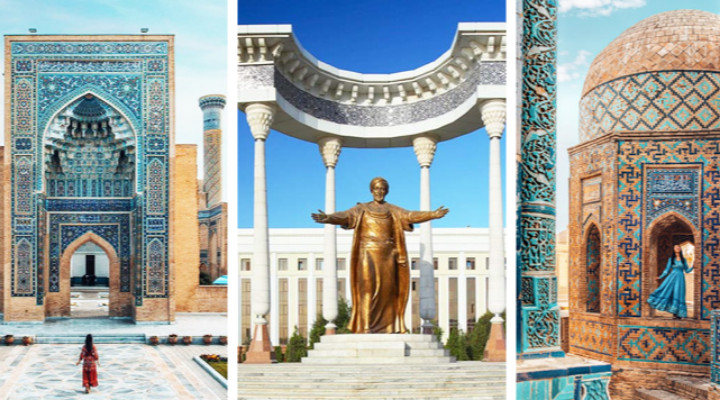
24 Jun
Travel ![]() Admin
Admin ![]() Coments (8)
Coments (8)
11 Best Uzbekistan Cities to Visit on Your Next Holiday
Uzbekistan is a hidden gem of Central Asia. This emerging tourist destination is home to stunning ar...
Read More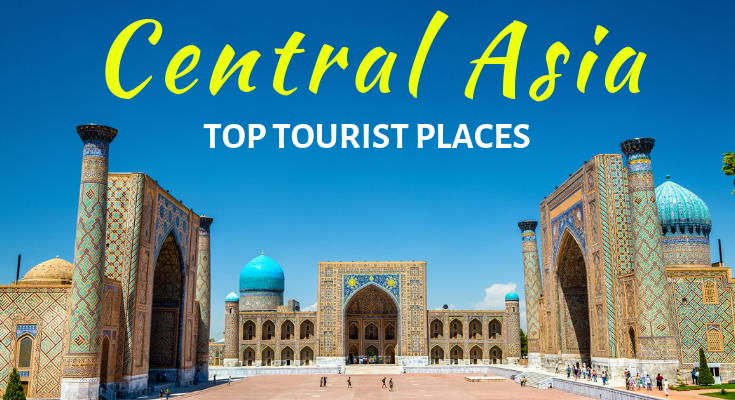
24 Jun
Travel ![]() Admin
Admin ![]() Coments (8)
Coments (8)
22 Top Places to Visit in Central Asia
Central Asia consists of stans mainly These countries are Kazakhstan Uzbekistan Kyrgyzstan Turkmenis...
Read More
24 Jun
Travel ![]() Admin
Admin ![]() Coments (8)
Coments (8)
10 Traditional Uzbekistan Food & Cuisine You Must Try
Uzbekistan may be synonymous with awe-inspiring Islamic architecture, wealthy history, or natural be...
Read More
24 Jun
Travel ![]() Admin
Admin ![]() Coments (8)
Coments (8)
10 Georgian Food & Cuisine You Must Try Once in a Lifetime
If you are in Georgia or traveling to this country, you don’t have to think about food because you w...
Read More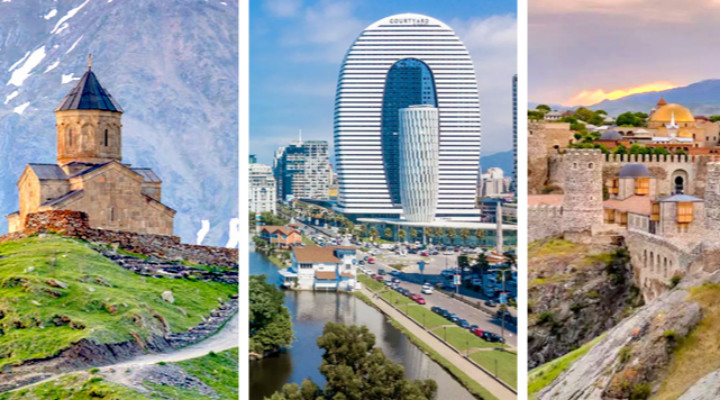
22 Jun
Travel ![]() Admin
Admin ![]() Coments (8)
Coments (8)
15 Best Cities in Georgia to Visit
Georgia is a land of stunning landscapes, welcoming culture, incredible mountain ranges, vibrant cit...
Read More
18 Jun
Travel ![]() Admin
Admin ![]() Coments (8)
Coments (8)
10 Traditional Kazakhstan Food & Dishes to Try
Kazakhstan’s cultural richness, vast deserts, geographical diversity, stunning attractions, and awe-...
Read More
17 Jun
Travel ![]() Admin
Admin ![]() Coments (8)
Coments (8)
35 Best Countries to Visit in Europe
Loaded with pretty places, lovely landscapes, impressive historical sights, cultural landmarks, and...
Read More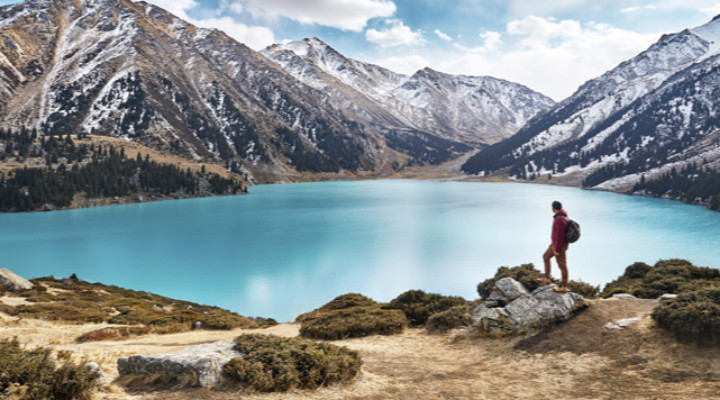
17 Jun
Travel ![]() Admin
Admin ![]() Coments (8)
Coments (8)
10 Best Cities in Kazakhstan to Visit
Kazakhstan, the ninth-largest country, covers vast areas of treasures that are yet to be discovered....
Read More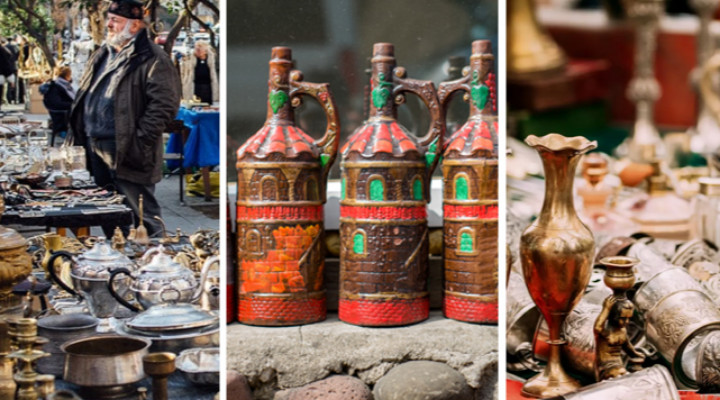
16 Jun
Travel ![]() Admin
Admin ![]() Coments (8)
Coments (8)
Shopping in Georgia Tbilisi - 10 Best Shopping Centres & Malls
Georgia is a place of wonders, and nothing can deny the fact that there are so many things to enjoy....
Read More
15 Jun
Travel ![]() Admin
Admin ![]() Coments (8)
Coments (8)
15 Traditional Russian Food & Cuisine to Try
Food is the gist of every vacation. No trip can be fully enjoyed without trying the delicious cuisin...
Read More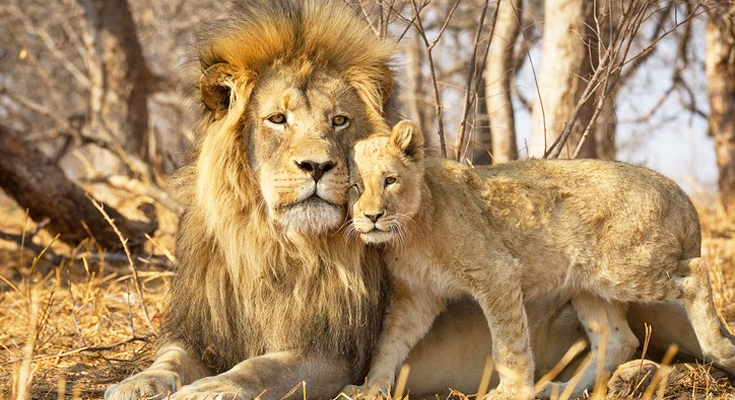
15 Jun
Travel ![]() Admin
Admin ![]() Coments (8)
Coments (8)
10 Best Game Reserves in South Africa
There isn't much that South Africa can't provide visitors with The Kruger's private reserves offer t...
Read More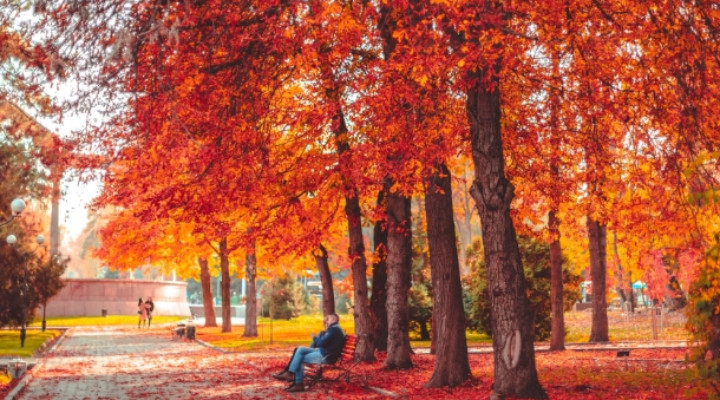
15 Jun
Travel ![]() Admin
Admin ![]() Coments (8)
Coments (8)
Best Time to Visit Kyrgyzstan for the Ultimate Adventure
Kyrgyzstan is an unmatched destination that you must visit. Before heading here, you should check ou...
Read More
12 Jun
Travel ![]() Admin
Admin ![]() Coments (8)
Coments (8)
Shopping in Almaty & Kazakhstan - Top 10 Malls & Places
Every vacation’s last goal is to shop for something to take back home. No matter where you are trave...
Read More
09 Jun
Travel ![]() Admin
Admin ![]() Coments (8)
Coments (8)
28 Best Things to Do in Baku Azerbaijan
Baku is the capital city of Azerbaijan This beautiful city is located on the shores of the Caspian.....
Read More
09 Jun
Travel ![]() Admin
Admin ![]() Coments (8)
Coments (8)
10 Popular Beaches in Batumi that You Must Visit
Batumi, the Georgian capital, is a place of many things. It is a leading holiday destination in Geor...
Read More
06 Jun
Travel ![]() Admin
Admin ![]() Coments (8)
Coments (8)
15 Kyrgyzstan Food & Cuisine You Can't Miss
Kyrgyzstan is a place of wonders, and its cuisines are one of them. Kyrgyzstan is known for its noma...
Read More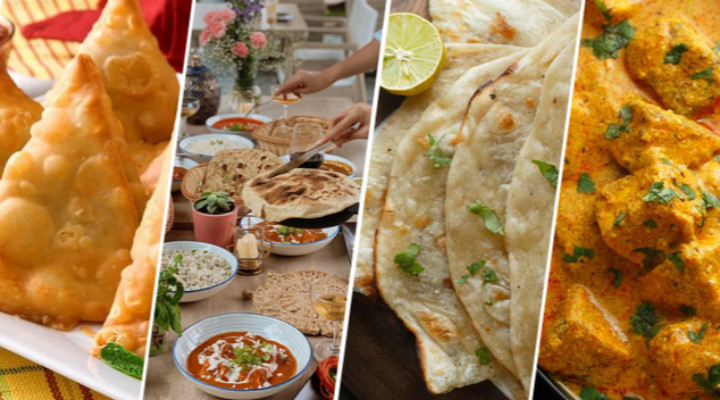
05 Jun
Travel ![]() Admin
Admin ![]() Coments (8)
Coments (8)
10 Best Restaurants in Almaty & Kazakhstan
Kazakhstan has always captivated tourists with its spectacular landscapes, surreal attractions, swar...
Read More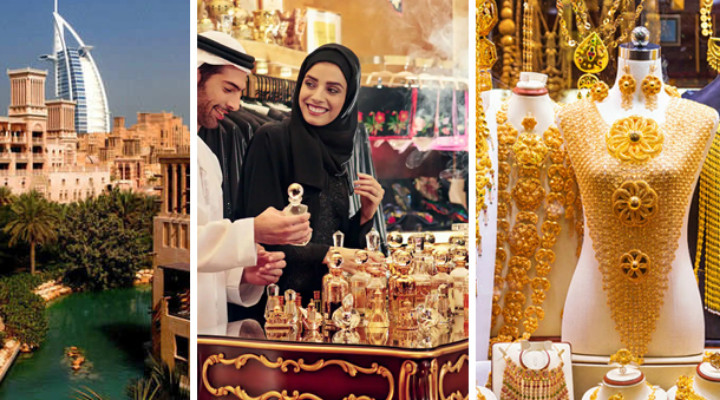
05 Jun
Travel ![]() Admin
Admin ![]() Coments (8)
Coments (8)
Shopping in Dubai - Top Dubai Shopping Malls & Centres
Dubai is known for many things, and shopping is the most prominent among them all. Shopaholics can e...
Read More
03 Jun
Travel ![]() Admin
Admin ![]() Coments (8)
Coments (8)
10 Prominent Places for Shopping in Russia that You Shouldn’t Miss
Russia has so much in its bucket for travelers. And unique shopping experience is no exception to th...
Read More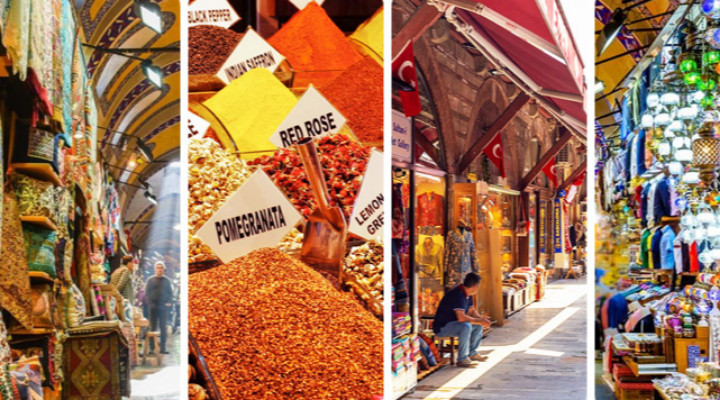
01 Jun
Travel ![]() Admin
Admin ![]() Coments (8)
Coments (8)
10 Best Places for Shopping in Turkey You Must Visit!
No matter where you are heading for a vacation, bringing gifts home is a loving practice. Your famil...
Read More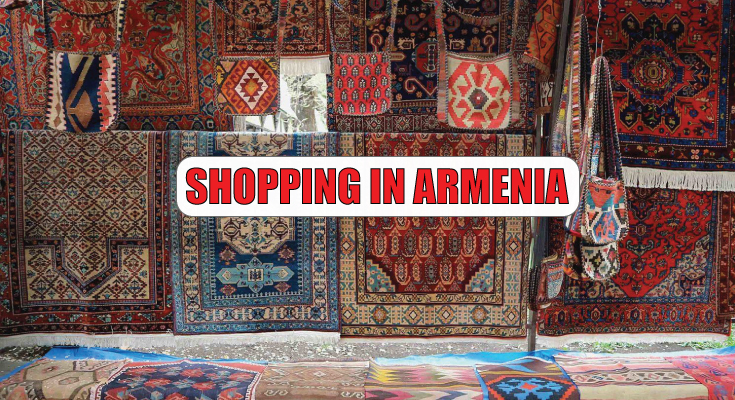
30 May
Travel ![]() Admin
Admin ![]() Coments (8)
Coments (8)
Shopping in Armenia: All the Unique Things You Can't Miss in Yerevan
No trip is complete without shopping You want to bring something back with you from your trip that.....
Read More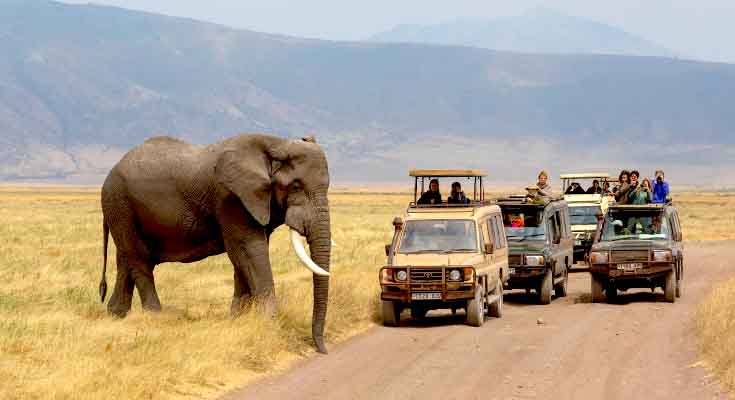
30 May
Travel ![]() Admin
Admin ![]() Coments (8)
Coments (8)
20 Best Places to Visit in Africa
One of the most captivating places on earth is the African continent It's no doubt difficult to sele...
Read More
30 May
Travel ![]() Admin
Admin ![]() Coments (8)
Coments (8)
Shopping in Uzbekistan: A Heartfelt Experience for Travelers
Uzbekistan is a country rich in cultural scenes, Silk Road history, stunning architecture, and vibra...
Read More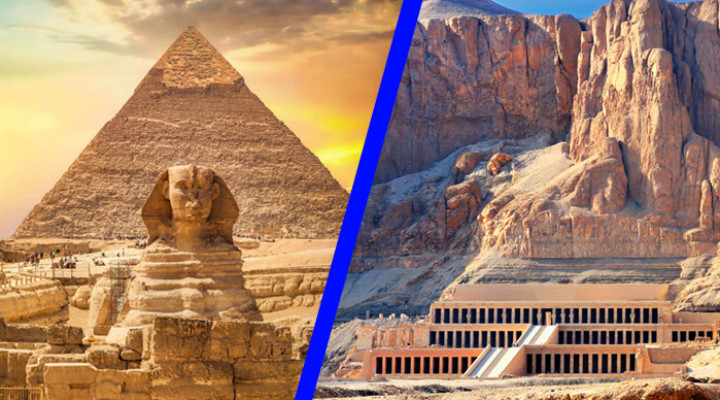
30 May
Travel ![]() Admin
Admin ![]() Coments (8)
Coments (8)
Best Time to Visit Egypt: Everything You Should Know!
Egypt is an iconic tourist destination that offers an unmatched mix of ancient wonders, rich culture...
Read More
29 May
Travel ![]() Admin
Admin ![]() Coments (8)
Coments (8)
Trekking in Sapa: What You Need to Know
Sapa, a town in the Hoang Lien Son Mountains, is one of the most famous trekking destinations in the...
Read More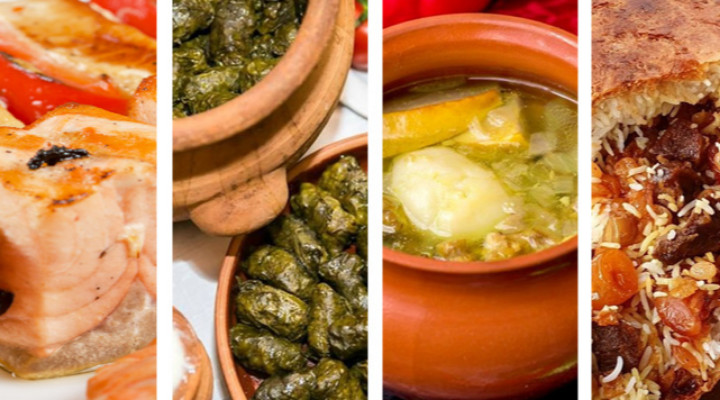
29 May
Travel ![]() Admin
Admin ![]() Coments (8)
Coments (8)
Azerbaijan Food: Top 10 Cuisine You Have to Try
Everything about Azerbaijan is extraordinary, including its culinary heritage. Azerbaijan cuisine se...
Read More
23 May
Travel ![]() Admin
Admin ![]() Coments (8)
Coments (8)
Bali Food & Cuisine: Discover the Essence of Balinese Taste
Besides the beaches and rice terraces, Bali has a mouthwatering culinary heritage. Bali food scenes...
Read More
21 May
Travel ![]() Admin
Admin ![]() Coments (8)
Coments (8)
Best Cities in Greece to Visit for Stunning Coastal Views
Greece, the dreamy wonderland, is among the most beautiful destinations to visit in the world. Every...
Read More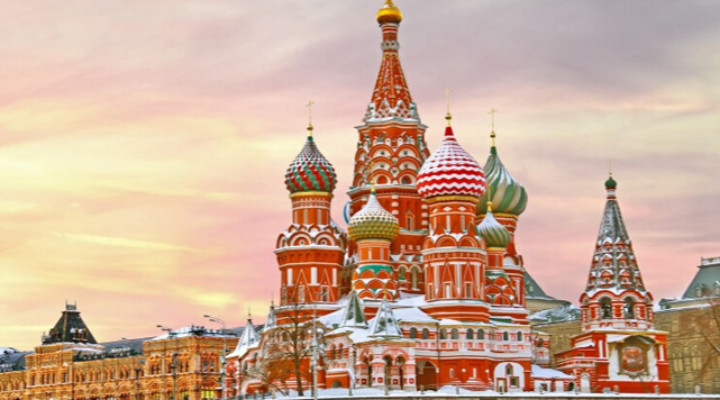
21 May
Travel ![]() Admin
Admin ![]() Coments (8)
Coments (8)
15 Best Cities to Visit in Russia
Russia, the grandest country on the map, has many elegant and beautiful cities radiating with vibran...
Read MoreBook With Confidence
![]() Hassle-free booking and best price guaranteed
Hassle-free booking and best price guaranteed
![]() 24/7 support available
24/7 support available
![]() Hand-picked tours & activities
Hand-picked tours & activities
![]() Free travel insurance
Free travel insurance
